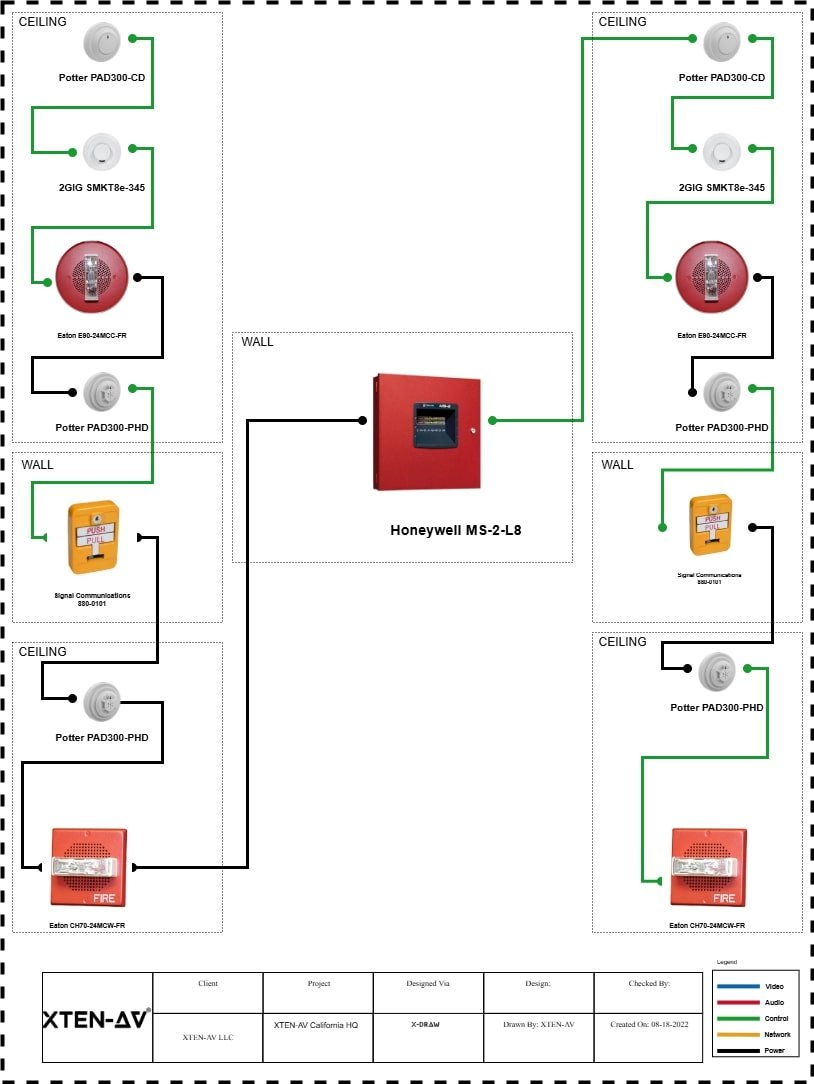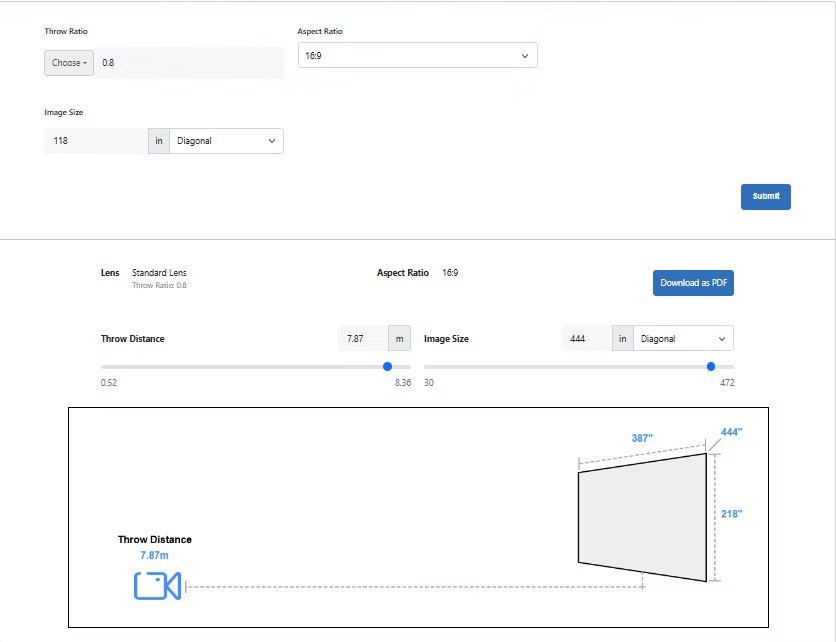Each time a traveler opens their phone mid-journey and swaps out a tiny plastic SIM card, they’re missing out on something better. That better solution already exists inside most modern smartphones — roaming eSIMs.
By mid-2024, the shift from traditional SIM cards to digital eSIMs accelerated worldwide. But now, roaming eSIMs — which offer seamless international connectivity — are gaining major popularity, especially among frequent flyers and digital nomads. If you’ve ever browsed tech forums or travel subreddits, you’ve probably noticed users enthusiastically sharing QR code screenshots and setup tips instead of talking about where to buy local SIM cards at the airport.
So why is this happening? Why are more travelers relying on roaming eSIMs instead of traditional SIMs? And how can you start using one with ease?
Let’s break it down.
What Is a Roaming eSIM?
A roaming eSIM is a digital SIM profile that allows your smartphone to connect to mobile networks in multiple countries — without needing to physically change SIM cards. Unlike regular physical SIM cards that are tied to a single country or provider, roaming eSIMs work across borders thanks to agreements with dozens or even hundreds of mobile carriers around the world.
Here’s why this makes a huge difference:
- Instant activation from anywhere with a Wi-Fi or mobile connection
- No physical swapping of SIM cards — just scan a QR code or use an app
- Multiple country profiles on one device
- Better control over data plans, roaming charges, and usage alerts
Roaming eSIMs give modern travelers exactly what they need: flexibility, speed, and simplicity — all from their smartphones.
Traditional SIM vs. Roaming eSIM: Real-World Comparison
Let’s compare how roaming eSIMs stack up against old-school physical SIM cards in everyday travel situations:
| Feature | Physical SIM | Roaming eSIM |
|---|---|---|
| Activation Time | 10–30 minutes | Instant (app/QR code) |
| SIM Swapping Required | Yes | No |
| Stores Multiple Profiles | No | Yes (up to 8 profiles) |
| Risk of Physical Loss/Damage | High | None |
| Coverage Across Countries | One at a time | 100+ countries supported |
This side-by-side view shows why eSIMs are more than a convenience — they’re a smarter solution.
Is Your Phone Compatible?
Most flagship phones sold in the past two years now support eSIM functionality, but it’s still important to check your device model and settings.
| Phone Model | eSIM Ready | Roaming Support |
|---|---|---|
| iPhone 14 & 15 Series | Yes | Yes |
| Samsung Galaxy S23/S24 | Yes | Yes |
| Google Pixel 8 | Yes | Yes |
| OnePlus 12 | Partial* | Check region |
*Note: Some models lack eSIM hardware depending on the country they’re purchased in.
Pro Tip: Ensure your device is carrier-unlocked and running the latest software update. That’s essential for loading international eSIM profiles correctly.
Tips Most Travelers Don’t Know
Many travelers install a roaming eSIM but don’t take full advantage of its features. Here are five tried-and-tested tips from seasoned globetrotters who frequent Telegram channels and Discord communities:
- Preload multiple eSIM profiles
Don’t wait until you land. Install regional eSIMs in advance and simply toggle between them as you move across borders. - Manually set APN settings if internet isn’t working
Some phones require manual Access Point Name configuration to enable LTE in specific countries. - Keep one physical SIM card as a backup
In countries with limited eSIM adoption or unreliable networks, a backup SIM can be a lifesaver. - Use the eSIM dashboard to track data
Avoid surprise slowdowns or cutoffs — monitor data usage and limits from the app. - Use dual-SIM mode
Keep your primary number active for receiving OTPs, banking alerts, or business calls while your eSIM handles data abroad.
These subtle techniques can turn your eSIM experience from good to great.
What’s Coming Next?
Roaming eSIMs aren’t just a travel hack — they’re becoming the new global standard. According to July 2024 stats from the Global Mobile Index, roaming eSIM usage among international travelers is expected to exceed 60% by mid-2025.
Some telecom providers have already begun launching region-based bundles that automatically switch eSIM profiles based on your GPS location. This means you could fly from Germany to Spain to Italy, and your mobile data would transition automatically without needing manual changes. Seamless connectivity is truly on the horizon.
Final Word: The Future Is Already Here
Roaming eSIMs aren’t a tech trend — they’re a permanent upgrade to the way we connect while traveling. If you’re still carrying around a bunch of physical SIMs, waiting in airport lines, or fumbling with ejector pins, it’s time for a change.
Set up a roaming eSIM before your next adventure. Configure your device for multi-country use. Keep your data, calls, and SMS flowing no matter where you are — with zero interruptions and no need to visit a kiosk.
The future of travel-ready mobile access is already in your pocket. All you have to do is activate it.












Leave a Reply